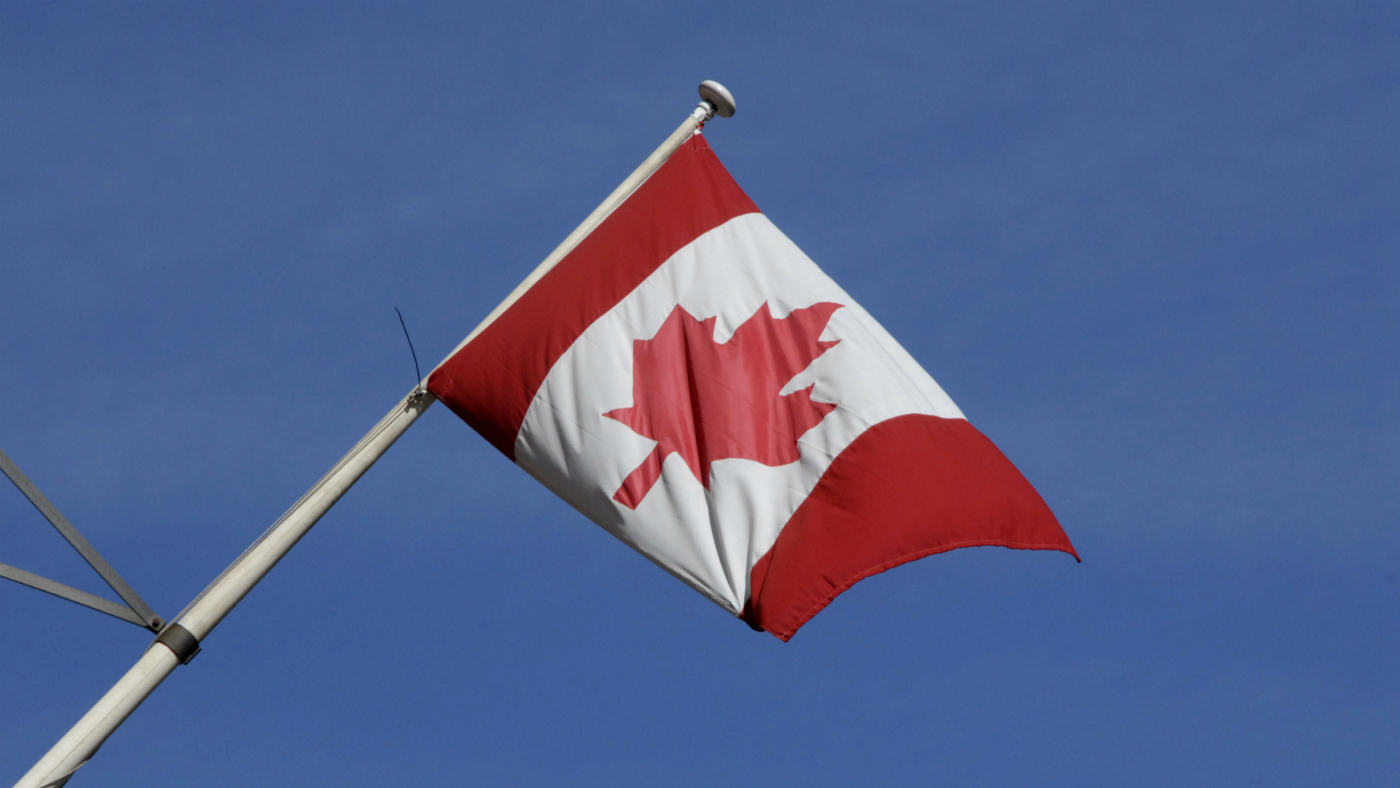Why Canada is opening its doors to more than a million immigrants
Government plans to welcome at least 350,000 new permanent residents every year until 2021

A free daily email with the biggest news stories of the day – and the best features from TheWeek.com
You are now subscribed
Your newsletter sign-up was successful
The government of Canada has announced plans to allow more than a million immigrants to settle in the country within the next three years.
Latest figures show that Canada awarded permanent resident status to 286,000 newcomers in 2017, but proposals laid out in the 2018 Annual Report to Parliament on Immigration could see that number climb to 350,000 this year, CNN reports.
In a country of just over 37 million people, that increased figure equates to nearly 1% of the total current population. And the number of admissions is expected to rise to 360,000 in 2020, before hitting 370,000 in 2021.
The Week
Escape your echo chamber. Get the facts behind the news, plus analysis from multiple perspectives.

Sign up for The Week's Free Newsletters
From our morning news briefing to a weekly Good News Newsletter, get the best of The Week delivered directly to your inbox.
From our morning news briefing to a weekly Good News Newsletter, get the best of The Week delivered directly to your inbox.
The government says that increasing immigration will help offset Canada’s aging population and declining birth rate while increasing the size of the labour force.
“Under this plan, Canada will welcome more talented workers with the skills and expertise our economy needs, reunite more family members and accommodate more refugees looking to start new lives,” says the report.
“With an ageing population and low fertility rates, immigration plays an important role in ensuring that Canada’s population and labour force continue to grow,” it continues, adding that controlled growth in the number of new migrants will “help us sustain our labour force, support economic growth and spur innovation”.
Minister of Immigration, Refugees and Citizenship (IRCC) Ahmed Hussen, who came to Canada from Somalia as a refugee, said on Thursday: “Thanks in great part to the newcomers we have welcomed throughout our history, Canada has developed into the strong and vibrant country we all enjoy.
A free daily email with the biggest news stories of the day – and the best features from TheWeek.com
“Immigrants and their descendants have made immeasurable contributions to Canada, and our future success depends on continuing to ensure they are welcomed and well-integrated.”
Newsweek reports that under what the government calls the “immigration levels plan”, of the 350,000 people expected to settle in Canada this year, around half will be “federal economic and provincial/territorial nominees” filling necessary jobs.
Another 89,000 will be admitted under a family reunification programme, and 58,500 will be welcomed as refugees, protected persons or for other humanitarian reasons.
CNN notes that Canada’s “friendly stance” towards new residents “comes as many other Western nations, including the United States, are adopting more restrictive immigration policies”.
But some are critical of the Canadian government’s policy.
Toronto-based newspaper The Globe and Mail reports that the country’s Prime Minister Justin Trudeau “faced blunt questions from people at a town hall in Regina” yesterday, including “one from a man who fears Canada’s immigration policies are putting lives at risk”.
The man “told Trudeau that Canada’s policy threatens freedom, that Islam and Christianity don’t mix and suggested that some immigrants want to kill Canadians”, the newspaper continues.
“They have openly stated that they want to kill us, and you are letting them in,” said the man, whose remarks were greeted with jeers from other attendees.
His allegations were dismissed by Trudeau, who suggested that most Canadians do not share such views.
“Canada remains one of the only countries in the world where citizens are by and large positively inclined toward immigration,” the PM said.
“Canada is a country that was built on immigration.”